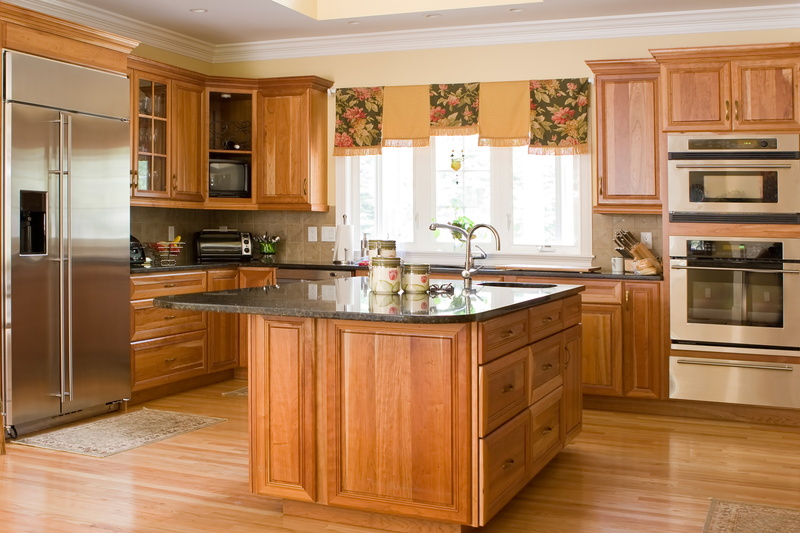 Take a good look at the image above. This is what a slab leak looks like.
Take a good look at the image above. This is what a slab leak looks like.
That’s right, slab leaks are hidden—it all takes place beneath the foundation of your home, but as a result, can and often do cause significant property damage. The term is given to any leak that happens in the cold or hot (more common) water pipes set down in that concrete foundation. It could also refer to a pipe down in a rock surface, however, for residential buildings it almost always applies to the foundation.
In addition to the damage they can do to your house, slab leaks end up wasting extensive amounts of water and can lead to the grown of unhealthy mold and mildew. They can also place undue stress on your water heater if the leaks do occur in the hot water lines—which 80% of the time, is the case. Fortunately, our professional plumbers are well equipped and trained in slab leak detection and repair in Northbrook, IL.
What Causes Slab Leaks?
So now you know what slab leaks are, and why you should be aware of them—they can cause property damage, water and monetary waste, and the growth of harmful bacteria. But we don’t want to just scare you with this information and not give you any clue on what causes them—and how to potentially avoid them! Below are a few of the most common reasons slab leaks happen.
- Pressure from the Home and Other Forces: Large pressure that is placed on your pipes is a big reason for slab leaks. This pressure can come from any number of sources—the shifting of soil causing a home’s foundation to move slightly, or even a poor construction job, for example. Leaks that occur due to pressure increases and usually the largest type of slab leak, and can create a high risk of property damage due to flooding. Talk to our plumbers to assess what your risks may be, and to see if repiping is a viable option (you may choose to have your piping rerouted through your walls rather than below your foundation).
- Corrosion: As we referred to above, slab leaks occur more frequently in hot water lines. This is because corrosion is more common inside pipes that move hot water. The reaction between the hot water and the material surrounding the pipes can cause those pipes to corrode from the outside. That’s not to say corrosion doesn’t occur in cold water lines, but in this case, it typically corrodes from the inside. If you have an older home, it’s very likely that you have copper or galvanized steel pipes in your foundation. While copper is corrosion-resistant, it is not corrosion poof—and neither is galvanized steel.
- Abrasion: Have you ever noticed that exposed pipes in your home sometimes rattle around a bit when water passes through them? This action causes the material to expand and contract. As you might imagine, when pipes do this in a concrete foundation, they can and will start to abrade as they rub against the hard surface. Over time, this can certainly lead to leaking.
Whether you suspect you have a slab leak—you may feel a warm spot on your floor, see unexplained wet spots, or hear water running even though you have no tabs or appliances on—or you want to assess what your home’s risks are to this danger, our staff is the team to call.
For expert plumbing service, installations, or maintenance contact Reliance Plumbing Sewer & Drainage, Inc. Our knowledgeable plumbers serve the North Shore and Northwest Chicago suburbs. Rely on Reliance!
